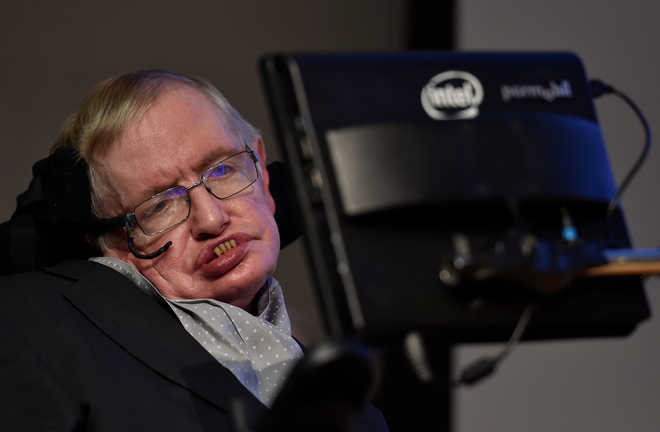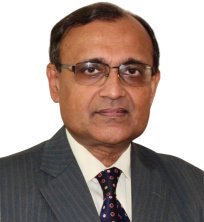
Perhaps by now, Stephen Hawking, who spent a lifetime studying physics and cosmology, has already unlocked the mysteries of the universe. That is, if we go by the theory of God’s existence and the common belief that we get to meet the Creator after death. Or, perhaps, he’s nothing now, after having lived for 76 years. That is, if we go by Stephen Hawking’s conviction that the brain is akin to a computer and you just cease to exist when its parts fail. There is no heaven or afterlife. So, how did the universe come into being? Professor Hawking believed: “Spontaneous creation is the reason there is something.” Both points of view are unsubstantiated. The curiosity to fathom the depth of the universe has been eternal: where do we come from?
It is this quest to know why the universe is as it is and why it exists that had led Hawking to trailblazing breakthroughs in the deep dark world of the cosmos. He earned a name for himself in the scientific community that often regarded him in the same league as Newton and Einstein. This distinction came from the British professor’s theoretical prediction that black holes are not so dense that things cannot escape their gravity, thus debunking the earlier theory on these objects. Scientists christened the thermal radiations theoretically emanating from the black holes as “Hawking radiation”. To explain the origins of the world, the physicist worked on uniting two theories: theory of relativity (the nature of space and time) and quantum theory (how the smallest particles in the universe behave). The common man connected with Hawking’s book, A Brief History of Time (1988), that delves into the ways of the space without jargon. It is an enduring bestseller.
Hawking became a star, with the brilliance of his mind that dazzled, more so because it incredibly overcame a debilitating progressing disease; one that left him wheelchair-bound and paralyzed for most of his life. A true tribute to the genius who pushed the limits of widely accepted truths about our universe as also the daunting diagnosis would be to follow his advocacy: use technology towards a more equitable world order. Meanwhile, the eternal question remains: Where do we come from?
(Tribune, India)





Be the first to comment